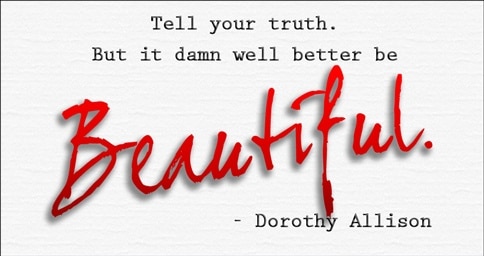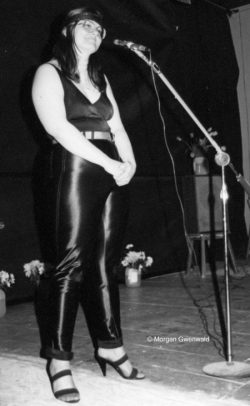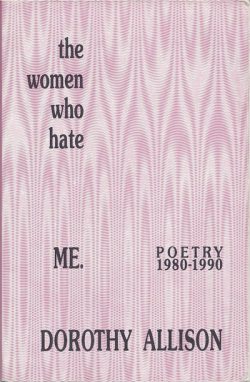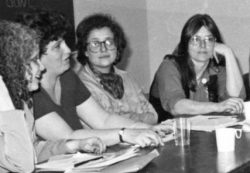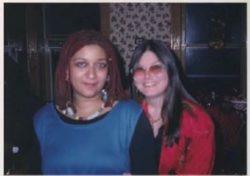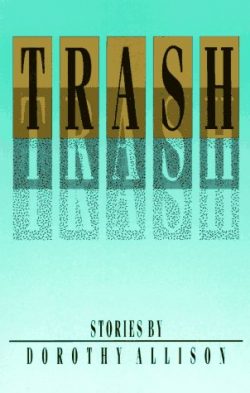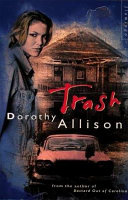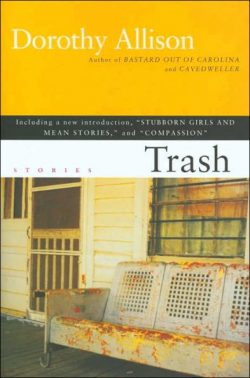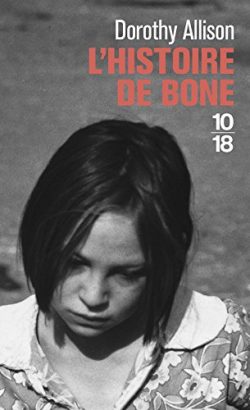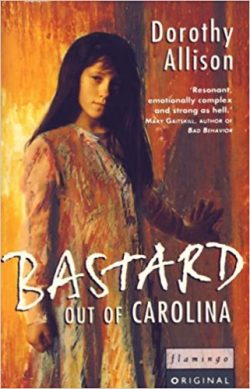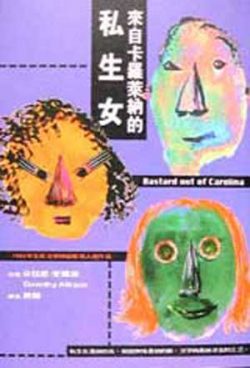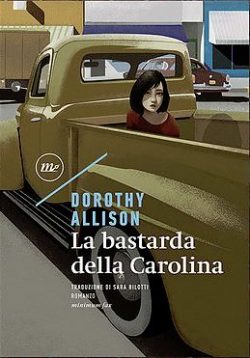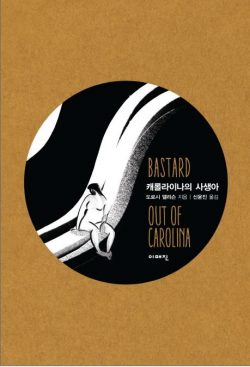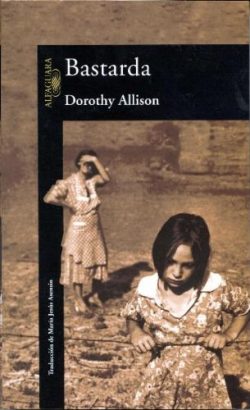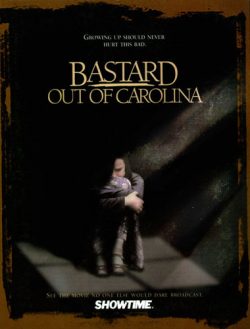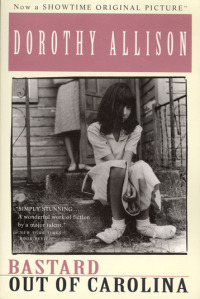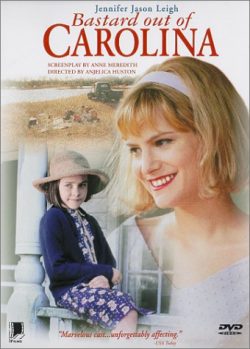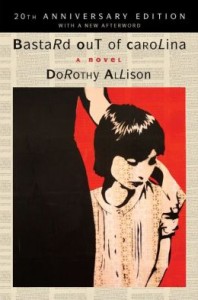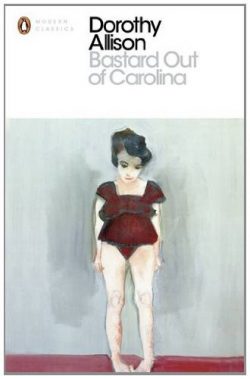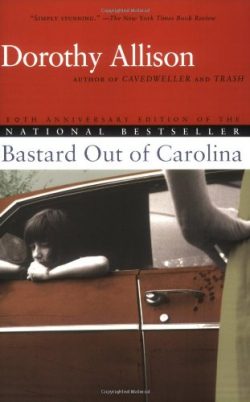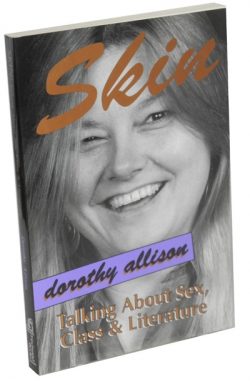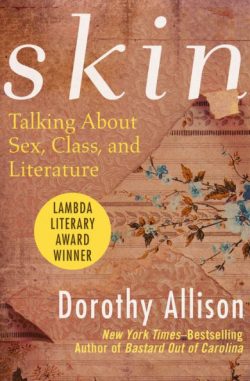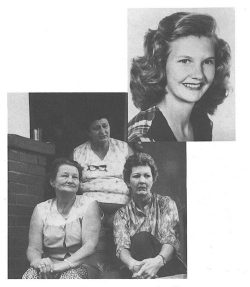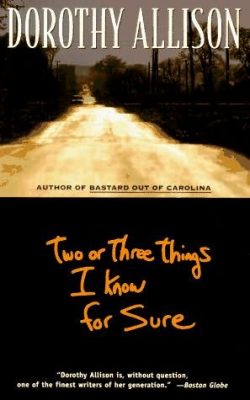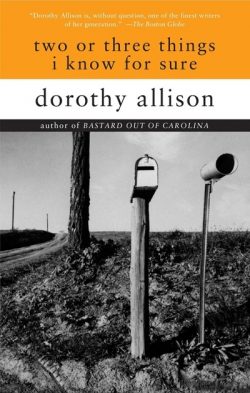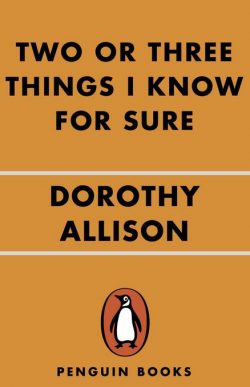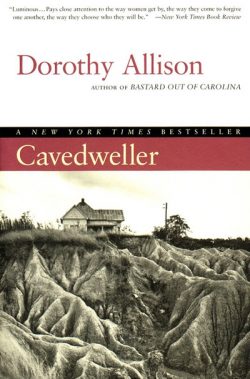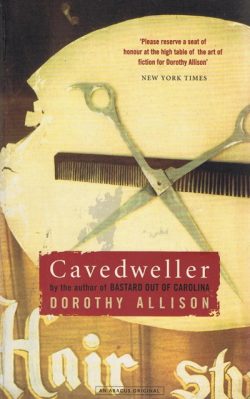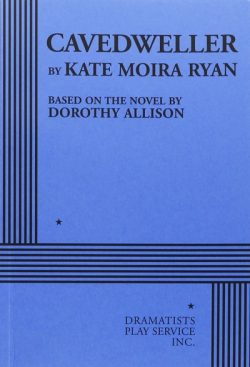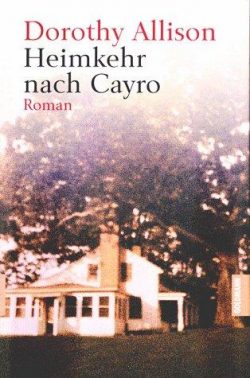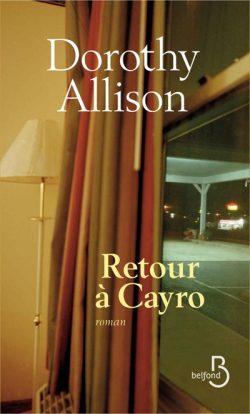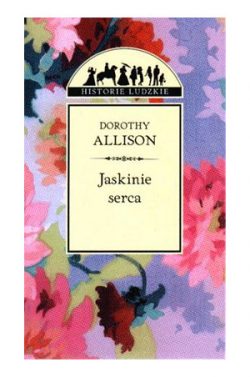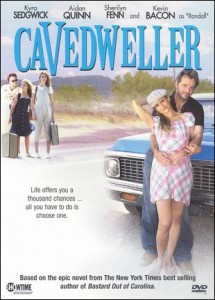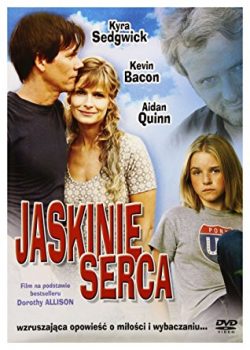CONTENTS
When I was asked if I’d present the Golden Crown Literary Society 2018 Trailblazer Award on behalf of the Board of Directors to her, I of course said yes. It was my honor, and a privilege. Secretly I thought it would be easy.
After all, I’d read Dorothy Allison, fan girled her on a cruise even. Then I started my research. Gathered up so many interviews, articles, YouTube presentations, all of which I immensely enjoyed reading (sometimes again) and listening to. All I had to do was let her words, the themes she strikes the most, bubble to the top so that she told her own story. All that remained was adding what her story means to me and us, those who have been shaped by her fearless life and unstinting love, humor and brutal truth. Easy. Sure.
Truth is, I could have done ten minutes just quoting her – never mind anything else. Visit any quotation site and you’ll find plenty. But those quotes are often glib out-of-context grabs of a single layer of Dorothy Allison: the famous author, and accompanied by a studio-style glamour shot of her.
This is Dorothy Allison.
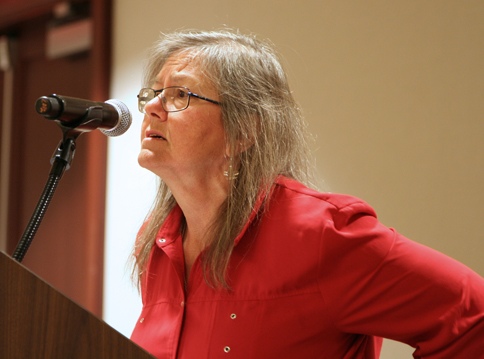
Dorothy Allison, GCLSCON 2015, photo by Watty Boss
Her acceptance speech was reflective, funny, naked in joy, and resonant with her reasonable anger about our classist, sexist, dangerous reality. When she declared, “I regret nothing!” I know I wasn’t alone in hoping I would also be able to say that.
What I was struck by most was her ability to blend experience, pain, laughter – all of her truth – into a lens that gives a renewed and revised view of the world. I’d felt that same awe at another woman’s power when I watched Hannah Gadsby’s “Nanette” stand-up special. Right there was Dorothy Allison’s influence in the world. Hannah Gadsby – and all of us – can rage our truth because women like Dorothy Allison showed us what a force made of courage, humor, love and ferocity looks like, and what it is capable of.
What follows is the text of my presentation from #GCLS2018 on July 7, 2018, with many of the accompanying images. Headings have been added to make it easier to read, but they were not part of the presentation. (A complete video of the presentation and her acceptance is here, courtesy of Elaine Mulligan Lynch.)
The Arc of Justice
It is an honor to present the Trailblazer award on behalf of the GCLS Board of Directors. I hope it has been as much a joy for you as it has been for me, to be surrounded by friends and colleagues, with days of hugs and loving support. I feel it keenly this year, I think we all do. We know that our life’s work to get that arc of justice to bend a little more our way, could be so easily snatched out of our hands.
This heightened sense of peril is our truth. For some of us it’s this year, for many of us it’s our entire lives. Our trailblazer begs us all to save ourselves by writing our truth. It worked for her – truthtelling is the life and legacy of Dorothy Allison.
That’s why it is so fitting to honor her. She has throughout her life raged in love, raged in anger, regret, and raged in hope, and gifted us with burning hot words that light fires in our souls.
Her Origin Story in Her Words
You can’t pick up any work by her that doesn’t contain the truth of her life. She gives her own biography in honest, stark terms:
I was born in 1949 in Greenville, South Carolina, the bastard daughter of a white woman from a desperately poor family, a girl who left the seventh grade the year before.
By the time I was 10, I figured out that my hope chest was not aimed in the same direction everybody else’s was.
Being despised is very hard to survive as a child, but once you don’t die you gain a kind of resilience.
You learn to be careful, to hold your tongue, but you’re angry. You’re always angry, and it isn’t useful anger. It’s the kind of anger that will blow back on you and get you killed.
Escape to Survive
As a child Dorothy knew death, and that it was real, and could claim her at any time.
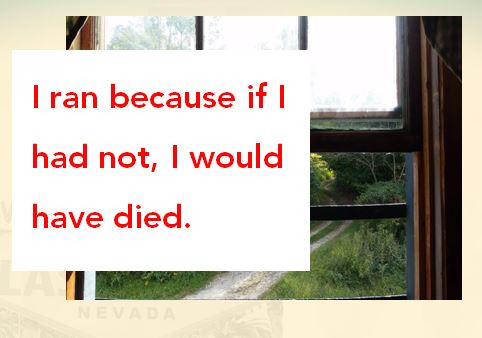
She was the first person in her family to graduate from high school and she ran away to college. And fell in with feminists. She fell into bed with other women. She took the years of regret and survivor’s guilt and found her way to her work. And then she unleashed her truth on the rest of us.
The Women Who Hate Me
She is, for me, the original Firebrand, that powerful combination of love and fearlessness. She credits those feminists she fell in with, and their movement, with saving her life. When the Lesbian Sex Wars erupted – ironically proving that violence against women does begin at home – it splintered her hard won community.
- Dorothy Allison poetry performance early 1980s. Photo by Morgan Grenwald.
- Trailblazers Joan Nestle (2nd from left), Dorothy Allison (right)
- Trailblazers Jewelle Gomez and Dorothy Allison
The women who, not knowing me, hate me
mark my life, rise in my dreams and shake their loose hair
throw out their thin wrists, narrow their already sharp eyes
say Who do you think you are?
Publisher’s Weekly called The Women Who Hate Me “explicit and jarring.” They said it like it was a bad thing. Well. I hope they held on to their hats.
Trash: Stories by Dorothy Allison
Because next came Trash, a collection of earthshaking short stories, published by feminist press Firebrand Books in 1988. And what did Publisher’s Weekly have to say now? “Magnetic… Masterfully suspends the reader between voyeurism and empathy.” Kirkus wrote “An intimate glimpse into the tormented heart of a survivor.”
It won two Lambda Literary Awards the following year. Critical recognition is nice. Writers have egos. We all like praise. But she didn’t write for their approval. She wrote to survive. She didn’t write for me, but she tore the floor out from under this middle class white California girl’s life. I have never been the same, and for that I am eternally grateful.
Trash is as relevant to 2018 as it was 30 years ago. Though the seeds of Trash were real life events, it was not purely autobiographical. The result was fiction that read like truth.
I was never any good at non-fiction. I’m a storyteller.
Fiction is a piece of truth that turns lies to meaning. It tells everything you know about the world.
And in her next work, she told us everything she knew about the world in an intensely intimate true fiction.
Bastard Out of Carolina
The world was not ready for this unforgettable, deeply moving novel about fierce, imaginative, resilient Bone Boatwright. From the moment we saw that evocative Dorothea Lange photograph on the cover of Bastard Out of Carolina, we recognized Bone. Some of us had survived a life like Bone’s. The rest of us had to survive reading Bone’s life because that’s what great fiction does to you. You think you have distance, but it pulls you into intimacy with angels and demons alike. The other is no longer a stranger.
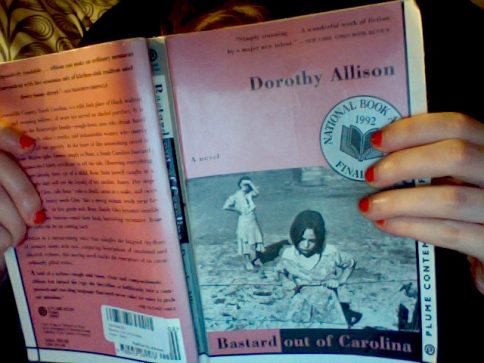
Bastard Out of Carolina was successful beyond not only Dorothy’s expectations, but the world’s expectations of stories like it. No queer writer (in my lifetime at least) had been held up before as visionary, essential to the American dialogue, unequivocally genius.
And nobody who wrote about the girls like Bone had ever been celebrated for making us face Bone’s truth. Bastard was a finalist for the National Book Award. Winner, Ferro-Grumley Award for Fiction and so many more. And then it became a movie.
It was for sale at Costco, which prompted Dorothy to say, “I think it’s wonderful that people in pickup trucks are buying two flats of dog food and a copy of Bastard. I want my view of the world to be right up there next to gallon boxes of Tide.”
It’s now a classic, it’s assigned in classrooms for Queer, American, Southern, and Women’s studies.
Famous Lesbian Author
When Bastard was announced as a film project by Showtime, reaching an even wider audience, it launched Dorothy Allison. Our Dorothy Allison, first published by a small feminist press, someone who never let anyone forget who she was, our Dorothy Allison was famous.
For a lot of us, this was the first time a lesbian was in the newspaper without being called a pervert.
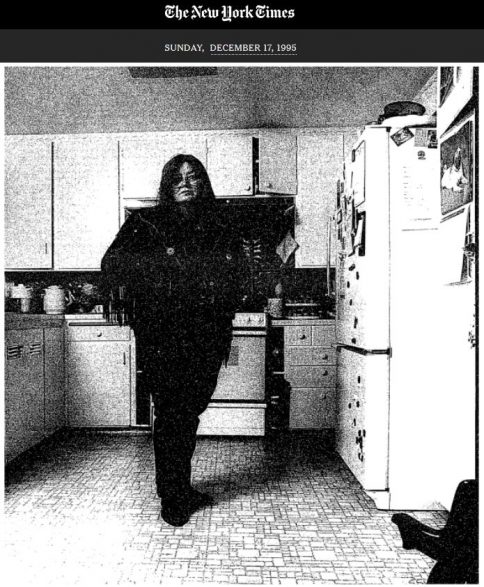
Dorothy Allison, New York Times, 12-17-1995
Never Say Never: Love and Motherhood
The year Bastard Out of Carolina was published was also the year of one of Dorothy’s greatest life joys, the birth of her son, Wolf Michael, with her lover-partner-and many years later actual, real, legal wife Alix Layman.
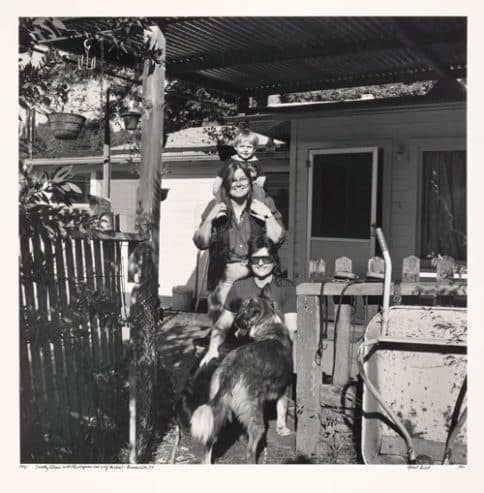
Dorothy Allison with Alix Layman and Wolf Michael
Teenagers are free verse
walking around on two legs.
Ending up married and a mother was, she has said, God testing her sense of humor.
Skin: Talking About Sex, Class & Literature
As the song goes, “Remember who you are.” Dorothy Allison has never forgotten. Two short years later, in the essay collection called Skin, she used the immense platform that the success of Bastard Out of Carolina had given her to talk about class in a country that didn’t want to admit it had a class structure.
The working class is the story of this country.
Entitlement … is a matter of feeling like we rather than they.
She expresses the complexity of her many layers of identity from poor, working class to an artist to an academic, and queer, and female, and disenfranchised. She also went right on talking about sex, women’s bodies, and the expression of female pleasure. And that continued to make some people uncomfortable.
Bless their hearts.
Two or Three Things I Know For Sure
She gave us more burning hot truth in 1995’s Two or Three Things I Know for Sure.
The reality is that there are way more than two or three things that Dorothy Allison knows for sure. Let me tell you a story, she says. In this wonderful blend of family memoir and guide to writing and life, she illustrates how you have to reclaim who you are, write to save yourself, and honor your dead.
I’d rather go naked than wear the coat the world has made for me.
Stories are the one sure way I know to touch the heart and change the world.
She pointedly reminds us that we are featured in stories by people who aren’t us, and they make fictions about us, so it is more important than ever to tell our own truths and not the convenient or salacious truth they want to turn us into.
Cavedweller
Dorothy Allison excels at the humanity of stories that admit we often fall short of our heroic impulses. Her stories are never without hope that we can survive our guilt and rise to our better selves. This is no more true than in her 1998 novel Cavedweller. The arc of Dorothy Allison’s stories begins in confusion and pain and ends in the awful ache of transformation and the complex struggle for forgiveness. Her story people love the safety and freedom of the dark, but finally learn to be seen in the imperfect light.
P.S. To the dude who dismissed Cavedweller as the “cliché” of female and mother narratives – this novel that became a play, a Lambda Literary award winner, translated into multiple languages, New York Times bestseller, New York Times Notable Book, and a movie says:
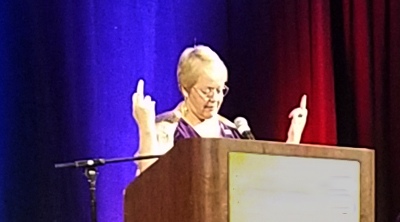
Burning Hot Hope
As if the burning hot words weren’t enough, Dorothy Allison has also spent her life teaching and editing writers of all types. She is featured in too many articles, conversations, study guides and scholarly volumes of analysis to list. She has taught in colleges and workshops all over the country, and the world. New and veteran writers alike can always look to her words and work for inspiration and focus.
Tell your truth, but it damn well better be beautiful.
To which I say, “Yes ma’am.”
What she has given us is a lifetime of Burning Hot Hope.
Please join me and your Board of Directors in honoring Dorothy Allison: Firebrand, Truthteller, Trailblazer.

